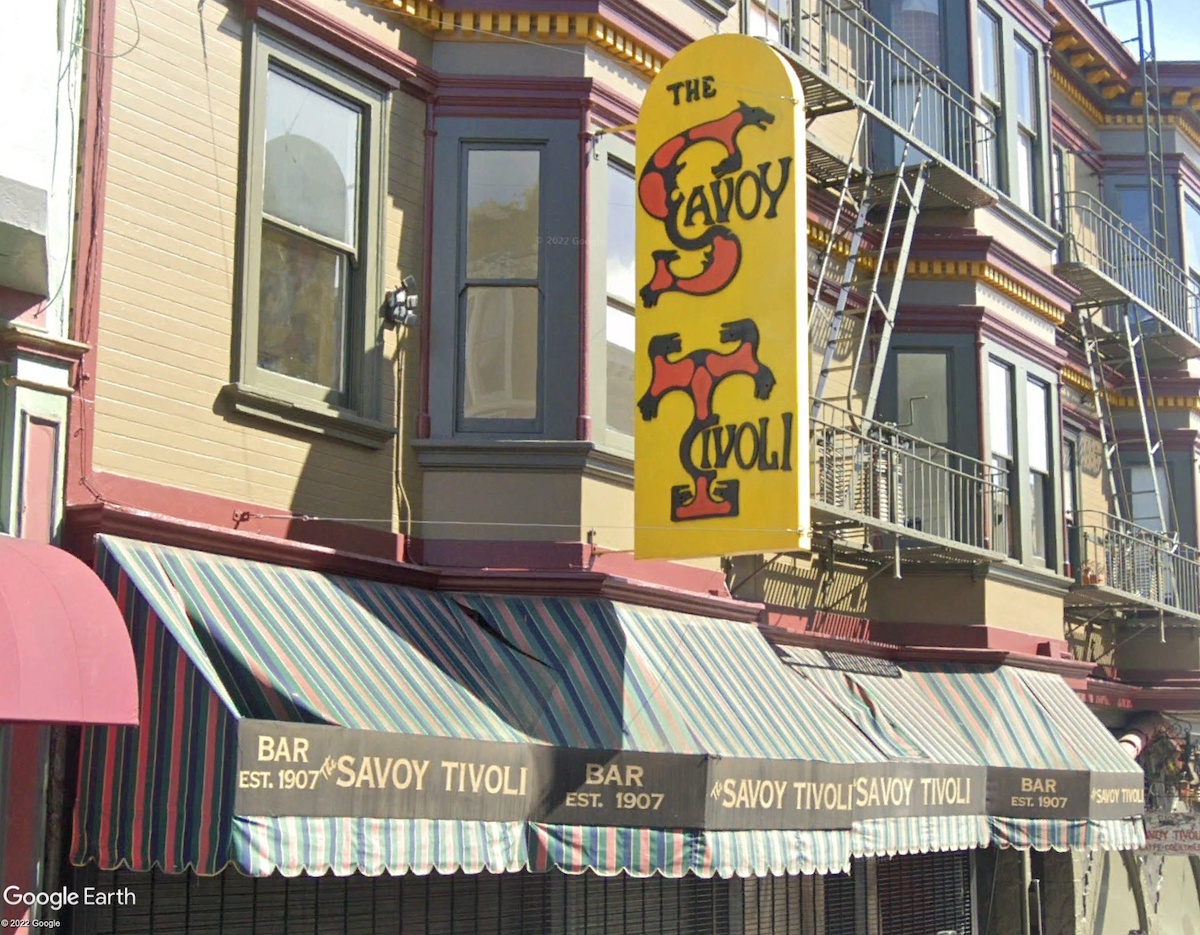Google Search: No Results? Fix & Find Answers!
Why does the digital echo chamber sometimes seem to amplify silence rather than information? The frustrating reality is that sometimes, despite our best efforts to find answers, the internet the supposed repository of all knowledge yields nothing but empty platitudes: "We did not find results for: Check spelling or type a new query."
This recurring phrase, the digital equivalent of a shrug, underscores a fundamental challenge in the age of information overload. It highlights the limitations of search engines, the biases inherent in algorithms, and the gaps in our collective digital memory. The internet, designed to connect us to everything, occasionally leaves us feeling utterly disconnected, adrift in a sea of missing links and unanswered questions. The very tools we rely on to find information can, paradoxically, lead us to dead ends, frustrating our inquiries and leaving us to question the validity of the information we seek and the manner in which we seek it.
The source of this digital silence is multifaceted. It can stem from simple typographical errors, underscoring the importance of precise search terms. A misspelling can send you on a wild goose chase. It might also be due to a lack of indexed content, indicating a void in the digital record. The subject you seek might be too niche, too new, or simply not documented online in a way that search engines can easily find. Furthermore, algorithmic biases can play a role. Search engines prioritize certain types of content over others, influenced by factors like popularity, advertising revenue, and the perceived authority of the source. This leads to echo chambers, where information is filtered, and the possibility of other perspectives, and different information is silenced. Finally, and perhaps most problematically, the "We did not find results" message can indicate the active suppression of information, whether it's through censorship, deliberate misinformation campaigns, or the simple removal of content from the web. These silences can be a result of complex forces and are difficult to unravel.
Consider, for a moment, the implications of this digital absence. If a topic is unsearchable, does it cease to exist in the collective consciousness? Does the inability to find information diminish the importance of that particular subject, or impact our capacity to engage with that subject meaningfully? The answer, of course, is no. But the lack of readily available information can create barriers, hindering research, stifling discussion, and ultimately shaping our understanding of the world in potentially detrimental ways. The frustration of encountering the repeated "We did not find results" message reinforces the importance of critical thinking, source evaluation, and the constant quest for verification.
This phenomenon highlights the urgent need to become more adept at navigating the complexities of the digital landscape. We must learn to refine our search queries, to seek out multiple sources, and to develop a healthy skepticism towards any information we encounter online. In a world overflowing with data, the ability to distinguish between credible information and the vast ocean of noise has become a critical skill, and one that can influence our judgment and decisions, and actions. The inability to find information can also lead to reliance on other sources of information. Such as, word of mouth, other media platforms, etc. This could be problematic as it could lead to bias based on the source of information. It can also hinder one's ability to form a comprehensive understanding of the topic at hand. For these reasons, it is important that we develop strategies that enable us to navigate the complexities of the digital realm.
Let's analyze the deeper meanings, and the implications, of this digital non-discovery. Lets say we are researching the hypothetical "Silas Blackwood." The first attempt produces a familiar result "We did not find results for: Check spelling or type a new query."
This lack of result, in essence, can be examined through numerous lenses. Firstly, it invites a closer look at the methodology we employ in the search itself. Could it be a simple spelling mistake, a misunderstanding of the term, or a failure to use the most appropriate keyword? It is the starting point of our research. It also underscores the importance of context. A name, like Silas Blackwood, could be associated with a multitude of fields, each requiring unique search parameters and methods. This is where a skilled researcher can truly shine.
Next, we delve into the potential reasons for the absence. The subject could be new, obscure, or maybe not in the digital space at all. The lack of a readily available digital footprint could also be a reflection of conscious choices. We could be talking about a persona that actively minimizes their digital presence, or perhaps a subject that operates in a closed circle. Even a digital absence can suggest a story, an idea, and a potential area for a deep dive investigation.
The absence of results can be a sign that our search techniques need to evolve. The internet is a vast place. The information is not always easily located. We may need to explore alternative search engines, utilize advanced search operators to refine our queries, and explore alternative data bases. We may need to shift away from the singular approach and embrace multiple perspectives. The failure to find information can also encourage lateral thinking, guiding us to associated names, organizations, or events that may ultimately help us track down our target.
This search failure gives us an opportunity to develop better critical thinking abilities and improve our source evaluation skills. It also can reveal a hidden story, a forgotten past, or a valuable piece of information. While disappointing initially, the empty result can become the genesis for a deeper, more meaningful investigation. The journey to find a person, a place, or any information can be even more fascinating than finding it.
The We did not find results message is also a reminder of the evolving nature of information. Data comes, and data goes. Information changes, so the search results often vary. Being aware of the dynamics of information and sources, helps us understand its limitations.
Let's say Silas Blackwood is a musician, we may initially seek out albums or concert reviews, then we might find interviews and social media profiles. Conversely, if Silas Blackwood is a researcher in some scientific field, then we may explore academic databases, professional profiles, or publications. Thus, the approach will depend on the available information.
Lets examine Silas Blackwood. We want to learn as much as possible about Silas Blackwood. We may start our search with the name, and if we are unsuccessful we can try related terms such as his or her occupation, and place of residence. Perhaps we know a detail about Silas Blackwood from a newspaper article, or something someone mentioned to us in a conversation. This is the beginning of the quest. It is also a test of search techniques, that gives a valuable insight into the way information is gathered, indexed, and shared online. It also gives us a better understanding of critical assessment and information evaluation, to verify the data we find, regardless of its source.
| Category | Details |
|---|---|
| Name | Silas Blackwood |
| Possible Occupations | Musician, Researcher, Writer, Businessman, etc. (Depending on the search) |
| Known Associates (Hypothetical) | The Blackwood Ensemble, Dr. Evelyn Reed (Researcher), Various Business Partners |
| Education (Hypothetical) | Ph.D. in Musicology (Example) |
| Known Publications (Hypothetical) | "The Rhythms of Resilience" (Book), Research Papers in "Journal of Musical Theory" |
| Reference Website (For Example) | www.examplemusician.com/silasblackwood (This is a fictional website for demonstration purposes) |
The process of locating and obtaining information in the digital landscape isnt always straightforward. We often encounter We did not find results for: Check spelling or type a new query. This statement highlights the frequent challenges that we encounter online. It speaks to the flaws of our searching and the limitations of indexing. Despite the large scale of the internet, finding specific information can be difficult, as it often feels like we are searching in a vast and mostly uncharted space.
The lack of information isn't simply an inconvenience. It's an obstacle that can influence decision-making, hinder research, and shape our understandings of the world. The inability to access certain data can lead to incomplete analysis and flawed conclusions. This deficiency pushes us to adjust our searching skills, employ critical thinking, and assess the sources. When we are unsuccessful with our first attempts, it is essential to refine our queries, to explore alternative sources, and to seek out multiple perspectives.
Lets say, for instance, you are researching a topic concerning the city of "Veridia." The search "Veridia history" initially produces no results, just a repetitive "We did not find results for: Check spelling or type a new query." We need to consider the many aspects. Perhaps the topic is too new, or maybe the area is not yet widely publicized or known.
In addition to that, the area may have a different name, one that search engines are more familiar with. Consider other possible search terms. You may need to explore regional archives or academic databases. The search could lead to alternative online resources, such as historical societies, or even local news websites.
The message "We did not find results" often reflects the evolving nature of digital information. What is present today may be removed or updated tomorrow, and it can be difficult to keep pace with this continuous change. Being conscious of how information is generated and indexed, can assist in the development of the abilities to evaluate and assess the credibility of sources, as well as the ability to understand the restrictions of digital search.
The message is a catalyst. It makes us more aware of the need for better critical thinking abilities, improved searching methods, and a conscious approach to information evaluation. When we encounter this statement, we are encouraged to approach our research with a clear and conscious mind, and to utilize the variety of tools and techniques available to help us locate the information we need.
| Category | Details |
|---|---|
| City Name | Veridia |
| Geographic Location (Hypothetical) | Located near the "Emerald River" (Example) |
| Historical Significance (Hypothetical) | Founded in 1888, Important trading center. |
| Local Industries (Hypothetical) | Agriculture, Tourism, Renewable Energy |
| Notable Landmarks (Hypothetical) | Veridia City Hall, Emerald River Park, Blackwood Museum of Local History |
| Reference Website (For Example) | www.veridiahistory.com (This is a fictional website for demonstration purposes) |
The "We did not find results" result doesnt mean the information is non-existent; it can mean that the search methods need to be modified. The challenge of finding information in the digital space is a complex, never-ending search that tests our skills, and requires constant adaption. The best approach is to combine careful searching with critical thought. That approach will lead to the discovery of hidden data and knowledge, and it will help you to understand the full scope of any research project.


